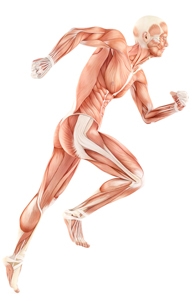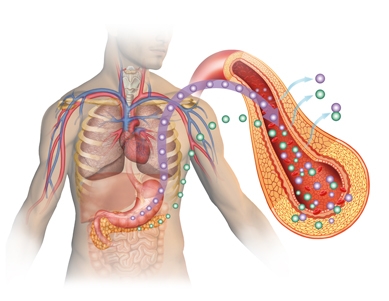| | Thursday, April 18, 2024 |
Stress is linked to a many health ailments and can seriously reduce your quality of life. While there is debate as to whether or not it actually causes the onset of disease, there is a general consensus amongst medical practitioners that it can exacerbate existing conditions.
For instance, high blood pressure can be worsened by chronic stress, the same goes for stomach issues like peptic ulcers.
Brief periods of stress like scrambling to meet a deadline are not really dangerous, but constant, nagging stress throughout the day, week or year is something you really should try and eliminate from your life. | |  | 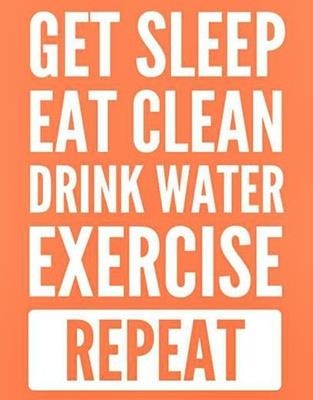 | | Here are a few ways you can do just that:
- Sleep - a regular sleep cycle consisting of 6 to 8 hours of sleep on a good mattress is invaluable.
- Diet - eat enough vegetables, wholegrain, lean protein and good fats, limit sugar and cut out trans fats and processed food altogether.
- Exercise - do at least 30 minutes of sweat-inducing exercise per day.
- Deep breathing - closing your eyes and taking slow, deep breaths for just a minute can really help calm you down.
- Massage - this improves circulation and reduces tension.
- Limit caffeine intake - too much caffeine may energise you, but it can also raise blood pressure and increase tension.
- Don’t rely on alcohol - relying on alcohol to loosen you up can cause addiction. Excess alcohol intake also comes with a range of other health and safety risks.
|
Regular exercise is a really good stress buster! Are you exercising enough? Come speak to us. |
| |
What happens to our muscles when we exercise?
| | The increasing popularity of high intensity interval training over the past few years has revolutionised training for many people. However, it has unfortunately also increased injury risk.
On the bright side though, this has put quality recovery practices back on the agenda.
| 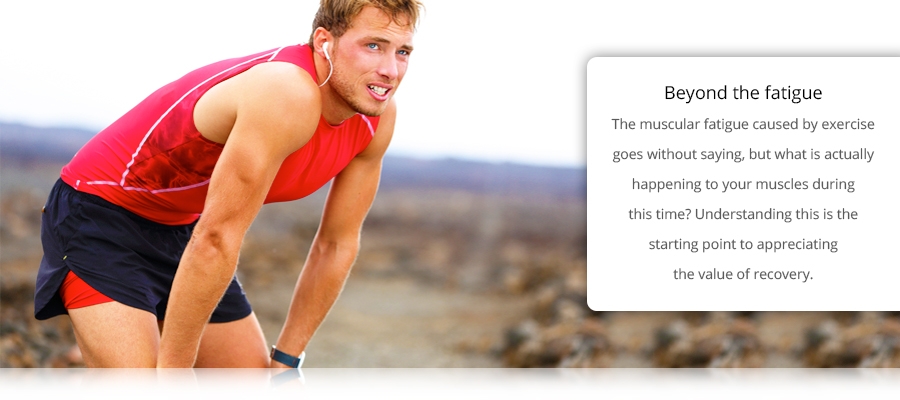 | | |
Normal damage
The muscle contractions that occur
during exercise actually cause small
tears to the muscle tissue. This is a
perfectly normal part of exercise and
when repaired, causes adaptation.
| Fuel usage
Your body taps into its fuel stores to
produce the energy needed for exercise,
these stores come from blood glucose
as well as the stored glucose in your
muscles and liver, called glycogen. | | | |  | |
| |
What is Alzheimer’s disease?
| Alzheimer’s disease is the most common form of dementia, which involves memory loss and cognitive decline.
While it’s most common in people 65 years and older, it can develop as early as a person’s 50s.
Its progression is slow and gradual, making it really confusing and painful for both the individual and their loved ones.
| Disease progression
Alzheimer’s causes a breakdown of the
neurons in the brain. The early stages
involve mild memory loss, but as the
disease progresses massive chunks of
memory are lost, and conversation and
everyday functioning are impaired.
| 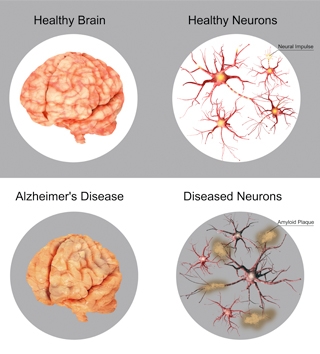 | | | | 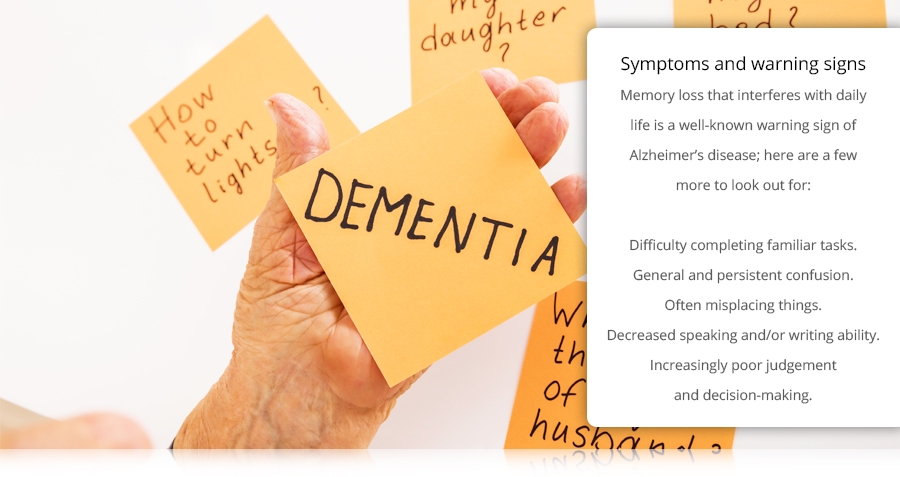 | | |  | Turning attention to prevention
While there is no cure for Alzheimer’s, research continues and health experts have stepped up efforts to find effective preventative practices. These involve physical activity, diet and intellectually stimulating activities. |  | |  | |





